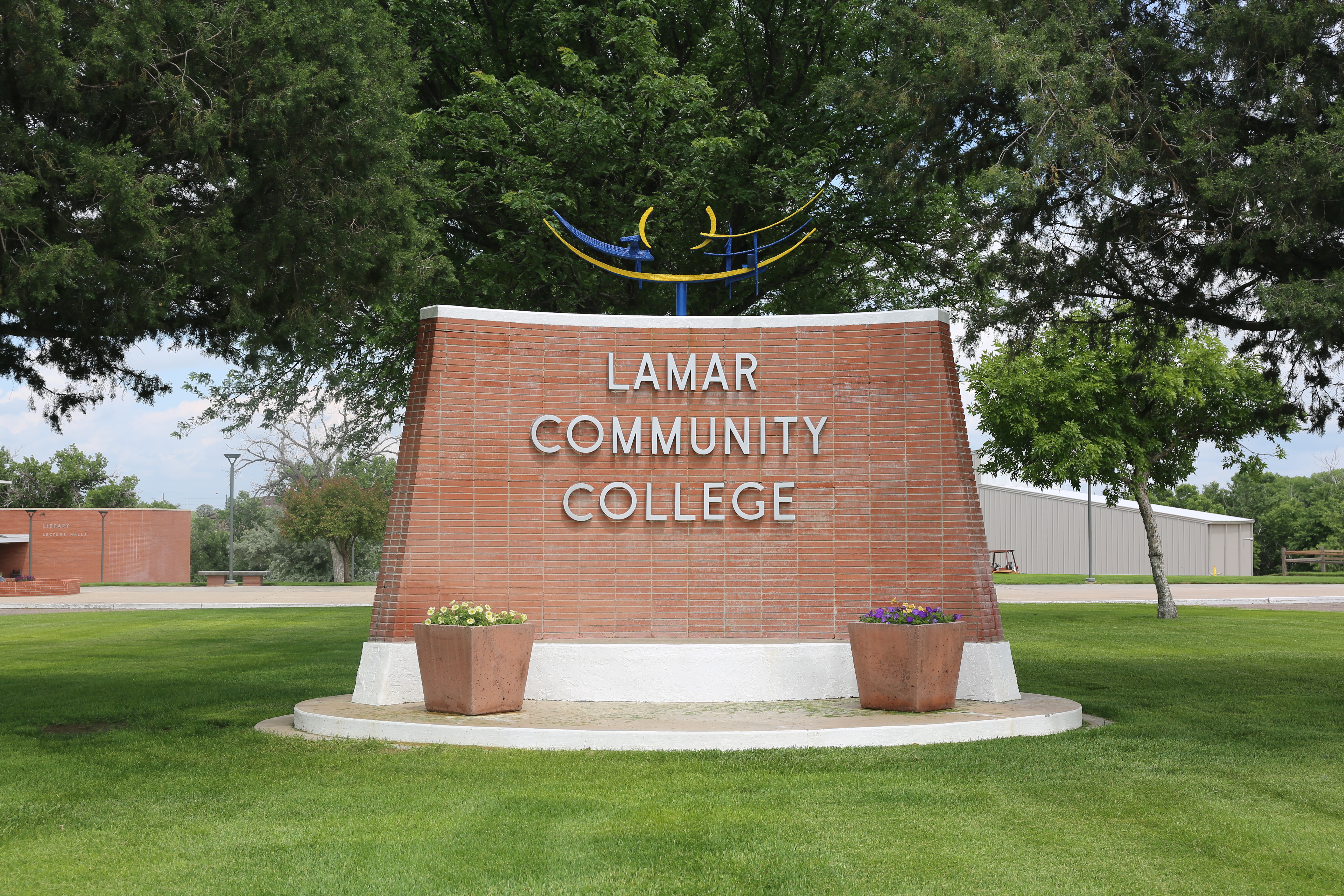Dear Colleagues:
When I started my tenure as Chancellor four years ago, I made a commitment to speak openly and honestly with you about our mission, our priorities, and our opportunities. It’s why I started giving these State of the System updates each fall. I want you to know about our Board’s strategic policy decisions, how I am working to implement those policies, and how our thirteen colleges are serving students and their communities. Most importantly, I want all of you to know that you are the key to our ability to be successful, and that your voice matters.
VIDEO
Chancellor’s 2022 State of the System Message
So, as I begin, I first want to thank you—the over 8,200 instructors, faculty, and staff—who do the heavy lifting. Each year, our thirteen colleges and system office serve more than 113,000 learners from all backgrounds, ranging from high school students getting a jump start on college to traditional students starting their college career with us and then transferring to a four-year institution, to adults who hope to improve their careers and their lives by learning a new skill or earning a new credential. That is no small task, and it requires thousands of employees directly engaging with, teaching, and supporting tens of thousands of students regardless of the unique challenges that arise from time to time.
If I have learned anything over the past few years, it is that we are stronger when we listen to each other, learn from each other, and work towards a common goal. From building a new Rural College Consortium to redesigning our law enforcement curriculum and, perhaps most importantly, figuring out how to do our jobs while keeping each other and our communities safe, we are undertaking transformative work that will continue to improve the way Colorado goes to college.
Meeting Students Where They Are
Whether we face fiscal constraints or public health challenges, we know that we must constantly reimagine how we deliver services if we are to remain leading providers of post-secondary education and workforce training. The current market expects to learn anytime, anywhere, with on-demand access to services. We are making strides to meet these expectations, especially for our non-traditional adult learners, many of whom have stopped out or delayed education due to competing priorities complicated by the pandemic and the current economic environment.
To meet students where they are, colleges are exploring and launching initiatives to expand options for all learners. This includes night, weekend, and hybrid schedules that mix online, virtual, and on-campus instruction and support services.
Innovative Initiatives on the Horizon
Across our System, there is no doubt that we offer exceptional value and quality that supports students’ lifelong educational journeys. As we continue to innovate and look for ways to be more efficient, it is clear that working together and reimagining how we collectively serve students will afford us the best path to enrollment growth.
I commend the significant collaboration, commitment, and trust that continues across our system as we build new models.
This Spring, I am excited for the pilot launch of Colorado Online, our new and innovative approach to fully online asynchronous education that will make high-quality programs available to all CCCS students. This tremendous effort will dramatically shift the way we do business, but it will serve our system well in the long run and will expand opportunities for students served across the state and beyond. More communications about this initiative will be shared as we get closer to the pilot launch.
Through our new Rural College Consortium, we are working together to virtually connect student support services and classes across our seven rural colleges (CNCC, LCC, MCC, NJC, OC, PCC, and TSC). Similar to Colorado Online, the Rural College Consortium will allow a single rural community college to offer a particular course, full degrees and certificates, to students at the other six rural community colleges. But the distinguishing factor for the Rural College Consortium model is its synchronous program approach that will allow students to attend classes either in-person at the site of the teaching institution or virtually from a classroom at a partner institution or from the comfort of their home. Students will also have greater access to support services, including tele-health, that have traditionally been limited due to geographic location. This new model supports our rural college’s sustainability efforts while expanding options for students. For too long, students living in rural areas have had to navigate additional barriers, and we intend to change that.
Lastly, on the non-credit side of our operations, we are looking forward to the creation of the Colorado Skills Institute, a system-wide marketplace specifically for online non-credit programs such as CompTIA A+, Project Management, and other industry recognized credentials. With funding secured this year, we are now able to purchase the software needed to support this new system that will allow us to capture, track, and report on the learners served through our non-credit programs. This is a critical step for us to better understand all the learners we serve and will provide new opportunities for us to connect this population to credit programs. More information on this effort will be available in the coming year as we build out a systemwide committee.
Deepening Industry Partnerships
No group is more committed to building Colorado’s workforce than CCCS, and we remain the partner of choice for business and industry. It is why the Governor and Colorado General Assembly entrusted our colleges to train the next generation of healthcare workers and behavioral health professionals through millions in one-time federal funding. These generous investments not only help stand up and expand in-demand programs—they also shore up workforces hardest hit by the COVID-19 pandemic. Colorado’s recovery will be a marathon, not a sprint, and our programs will power long-term economic growth.
Ensuring Equitable Outcomes
Finally, the pandemic only underscored the urgency of our equity work. We educate nearly half of all students of color in the state, as well as migrants, refugees, caregivers, and others who have historically been locked out of educational opportunity. As a System, we remain committed to addressing the many social and economic barriers that our students face so that all Coloradans have an opportunity to achieve economic mobility.
As part of our equity work, I am pleased with the progress being made with our Law Enforcement Academy Curriculum project. As we enter our second year of work reimagining law enforcement curriculum and training, we are on track to deliver professional development in areas of active learning and developing new course content that includes equity and inclusivity to college leaders, staff, and faculty who serve in our law enforcement academies.
I am also eager for the kickoff of our Equity University initiative that will makes its debut at the CCCS Education Excellence Conference at the Arvada Center for the Arts and Humanities on October 6-7, 2022. The event will combine several systemwide professional development experiences into one large conference and focus on teaching excellence and equity. I hope to see many of you there.
Stronger Together
In closing, I will state the obvious. These last few years have tested our System and each and every one of us but, thanks to your grit and creativity, we have responded to the challenges before us and we uncovered novel solutions that make our colleges stronger, smarter, and more relevant to today’s learner.
Whether you have been with us for many years or are just joining us, thank you for choosing CCCS. While the work is hard, the rewards are great—and our impact is felt in every corner of the state.
Sincerely,


